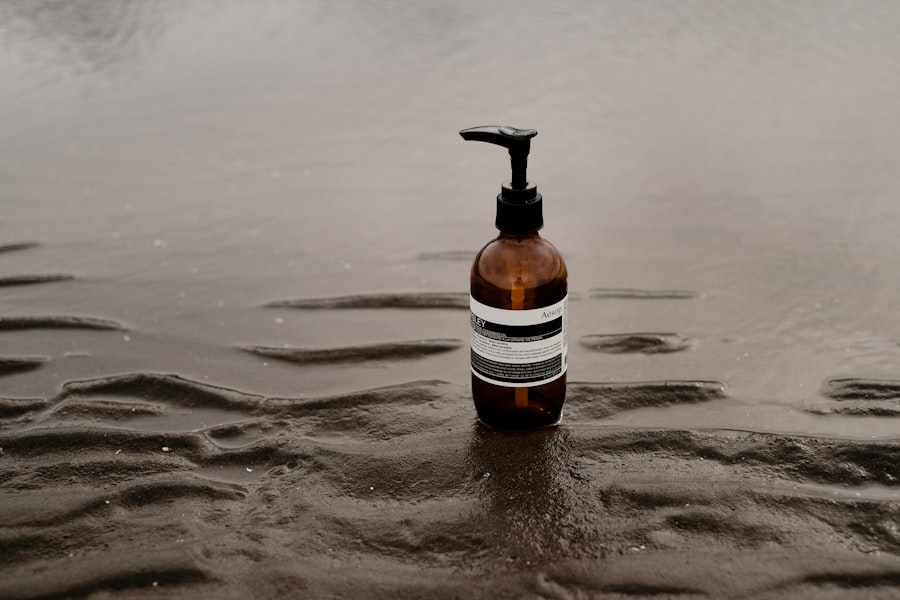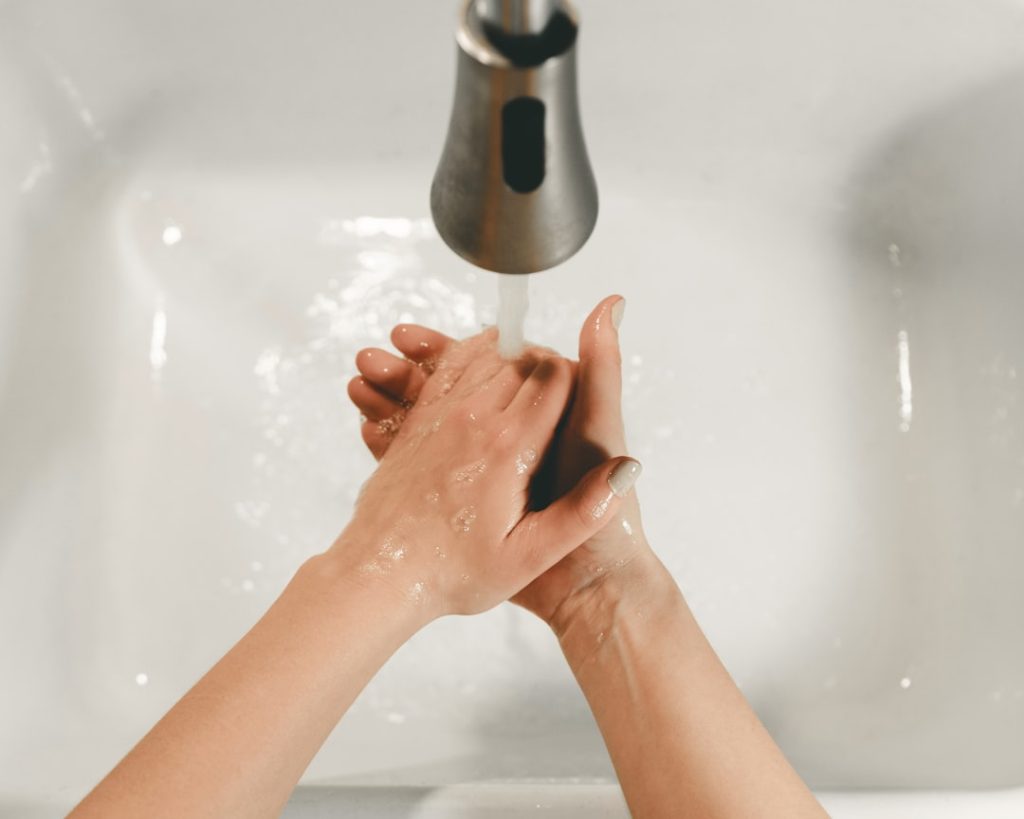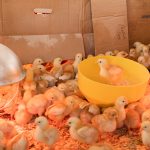Hydration is essential for chicken health and well-being. Chickens require water for various physiological processes, including digestion, thermoregulation, and waste elimination. Inadequate water intake can lead to dehydration, causing health problems and potentially death.
Water is also crucial for egg production; dehydrated hens may produce fewer eggs or eggs with thin shells, affecting flock productivity. Water plays a vital role in maintaining electrolyte balance in chickens. Electrolytes are necessary for nerve function, muscle contraction, and proper hydration.
Insufficient water intake can disrupt electrolyte levels, resulting in muscle weakness, decreased egg production, and, in severe cases, mortality. Consequently, providing chickens with constant access to clean, fresh water is critical for their overall health, productivity, and electrolyte balance.
Table of Contents
Key Takeaways
- Hydration is crucial for the overall health and well-being of chickens.
- Factors such as temperature, age, and diet can affect the amount of water chickens consume.
- Calculating water needs for chickens involves considering factors like environmental conditions and production stage.
- Providing clean and easily accessible water sources is essential for meeting the hydration needs of chickens.
- Signs of dehydration in chickens include reduced egg production, lethargy, and sunken eyes, and inadequate water intake can lead to health risks such as heat stress and decreased immune function.
Factors Affecting Water Consumption in Chickens
Feed Type and Water Intake
The type of feed chickens consume also impacts their water intake. For instance, chickens on dry or high-fiber diets may drink more water to aid digestion, while those on wet or moist diets may drink less.
Age, Size, and Water Needs
The age and size of chickens also affect their water consumption. Younger birds and larger breeds typically require more water than older or smaller birds.
Water Quality and Accessibility
The quality of the water is also crucial, as chickens are sensitive to taste and temperature. Providing clean, fresh water at an appropriate temperature is essential to encourage adequate water intake. Furthermore, the availability of water sources within the coop or run is vital, ensuring that chickens have easy access to water at all times to drink as needed throughout the day.
Calculating the Water Needs for Chickens

Calculating the water needs for chickens is essential for ensuring that they have an adequate supply of water at all times. A general rule of thumb is that chickens will consume approximately 1.5 to 2 times their feed intake in water on a daily basis. For example, if a chicken consumes 1 pound of feed per day, they will likely drink around 1.5 to 2 pounds (or 0.18 to 0.24 gallons) of water per day.
However, it is important to note that this is just a rough estimate, and actual water consumption can vary based on factors such as environmental temperature, feed type, and individual bird differences. To calculate the specific water needs of your flock, it is essential to monitor their water consumption over time. Keep track of how much water your chickens are drinking on a daily basis and adjust the supply as needed to ensure that they always have access to an adequate amount of water.
Additionally, consider factors such as environmental temperature and feed type when calculating your flock’s water needs, as these can significantly impact their overall water consumption.
Tips for Providing Adequate Water to Chickens
There are several tips for providing adequate water to chickens to ensure that they remain hydrated and healthy. Firstly, it is essential to provide clean, fresh water at all times. Regularly check and clean waterers to remove any debris or algae buildup that could contaminate the water supply.
Additionally, consider using nipple or cup waterers to minimize the risk of contamination from bedding or droppings. Furthermore, consider the placement of waterers within the coop or run to ensure that all chickens have easy access to water. Place multiple waterers throughout the space to prevent overcrowding and ensure that all birds have an opportunity to drink as needed.
Additionally, consider adding electrolytes or vitamins to the water during times of stress or extreme weather to support overall flock health. It is also important to monitor the temperature of the water during hot weather to encourage adequate water intake. Consider adding ice blocks or using insulated waterers to keep the water cool and refreshing for the chickens.
Finally, consider investing in automatic or continuous flow waterers to ensure that chickens always have access to a fresh supply of water.
Signs of Dehydration in Chickens
Recognizing the signs of dehydration in chickens is crucial for addressing any potential issues with their water intake. Some common signs of dehydration in chickens include lethargy, reduced egg production, dry or pale combs and wattles, sunken eyes, and reduced appetite. Additionally, chickens may exhibit panting or open-mouthed breathing during hot weather as a way to regulate their body temperature and cope with dehydration.
It is essential to monitor your flock regularly for these signs of dehydration and take immediate action if any issues are identified. Providing access to clean, fresh water at all times is essential for preventing dehydration in chickens and supporting their overall health and well-being.
Health Risks Associated with Inadequate Water Intake in Chickens

Inadequate water intake in chickens can lead to a range of health risks that can impact their overall well-being and productivity. Dehydration can lead to issues such as reduced egg production, poor egg quality, and even reproductive problems in hens. Additionally, dehydration can impact a chicken’s overall immune function, making them more susceptible to illness and disease.
Furthermore, electrolyte imbalances resulting from inadequate water intake can lead to issues such as muscle weakness, reduced growth rates in young birds, and even death in severe cases. Additionally, dehydration can impact a chicken’s digestive function, leading to issues such as impacted crops or digestive upset. Overall, inadequate water intake can have significant impacts on a chicken’s overall health and well-being.
Therefore, it is essential to ensure that chickens always have access to clean, fresh water at all times to prevent these potential health risks.
Meeting the Water Needs of Your Flock
In conclusion, meeting the water needs of your flock is essential for ensuring that your chickens remain healthy and productive. Water plays a critical role in supporting various bodily functions in chickens, including digestion, temperature regulation, and waste elimination. Factors such as environmental temperature, feed type, and individual bird differences can impact a chicken’s overall water consumption.
To provide adequate water to your flock, it is essential to calculate their specific water needs based on factors such as feed intake and environmental conditions. Additionally, providing clean, fresh water at all times and monitoring your flock for signs of dehydration are crucial for supporting their overall health and well-being. By understanding the importance of hydration for chickens and taking proactive steps to provide adequate water to your flock, you can help ensure that your chickens remain healthy, productive, and thriving members of your homestead or farm.
If you’re considering building a large chicken coop, you’ll need to consider how much water is required to keep your chickens healthy and happy. According to a recent article on PoultryWizard, “The Importance of Water for Chickens,” providing clean and fresh water is essential for the well-being of your flock. To learn more about the water requirements for chickens, check out the article here.
FAQs
How much water do chickens need per day?
Chickens need approximately 0.5 to 1.0 liters of water per day, depending on the size and age of the bird, as well as environmental conditions.
How often should chickens be given water?
Chickens should have access to fresh, clean water at all times. Water should be checked and refilled at least once or twice a day, especially in hot weather.
What factors can affect a chicken’s water consumption?
Factors such as temperature, humidity, diet, and activity level can all affect a chicken’s water consumption. In hot weather, chickens will drink more water to stay cool, while in cold weather, they may drink less.
What are the signs of dehydration in chickens?
Signs of dehydration in chickens include lethargy, reduced egg production, dry and pale combs, and sunken eyes. It’s important to address dehydration promptly to prevent health issues.
How can I ensure my chickens have enough water?
Provide multiple water sources in the chicken coop or run to ensure all birds have access to water. Regularly clean and refill water containers to ensure they are free from contaminants. Additionally, consider using automatic waterers to ensure a constant supply of fresh water.
Meet Walter, the feathered-friend fanatic of Florida! Nestled in the sunshine state, Walter struts through life with his feathered companions, clucking his way to happiness. With a coop that’s fancier than a five-star hotel, he’s the Don Juan of the chicken world. When he’s not teaching his hens to do the cha-cha, you’ll find him in a heated debate with his prized rooster, Sir Clucks-a-Lot. Walter’s poultry passion is no yolk; he’s the sunny-side-up guy you never knew you needed in your flock of friends!







